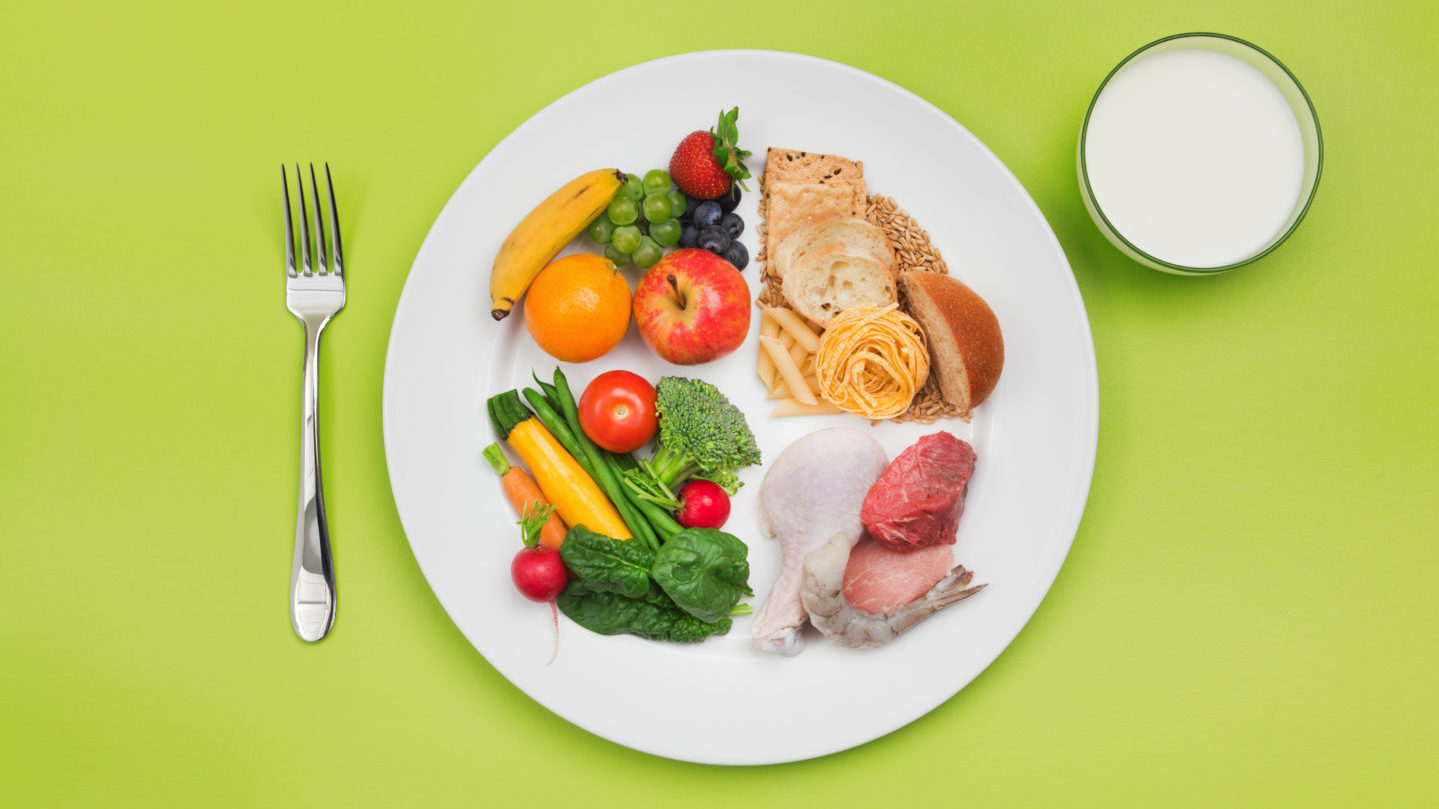
Fully 61% of older Americans have a poor quality diet, a new study has found.
Composite diet scores of diet quality using American Heart Association measurements and the Health Eating Index (HEI-2015) score revealed a “modest” decrease between 2001 and 2018 among U.S. adults aged 65 years and older, according to investigators. The proportion of seniors with a diet considered poor quality increased by 10% to 61% while the proportion of those with an “ideal diet quality” remained consistently low, they reported.
The consumption of fruits and vegetables, nuts, seeds and legumes fell during the study period. The consumption of fish and shellfish was up, but seniors were also eating more processed meat and saturated fat, investigators noted.
This overall negative trend in diet scores was found among both sexes and for all age groups studied, with the exception of those aged 75 to 79 years (groups included participants aged 80 years and older as well).
Two factors may be contributing to the problem, the researchers said. The prevalence of loneliness has increased among U.S. seniors, perhaps making acquiring and preparing food more difficult, they theorized. Food insecurity — which has more than doubled over the past two decades — may also be playing a role, they added.
Non-Hispanic White individuals had the greatest increase in poor dietary quality, as did older U.S. adults with low incomes. “[T]he low cost of empty calories relative to the higher cost of nutrient-rich foods exacerbated social inequalities in dietary health,” the researchers reported.
Full findings were published in JAMA Network Open.




